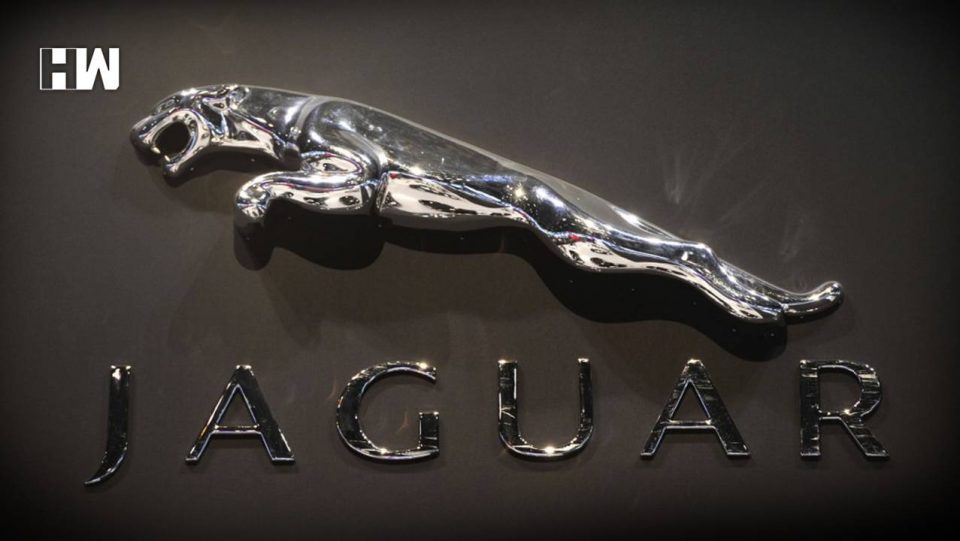Tata Motors-owned Jaguar Land Rover (JLR) plans to invest Rs 1.2 lakh crore in the next three years, as it seeks to stay ahead of Mercedes-Benz, BMW, and Audi in the electric vehicles race and narrow the gap with the entrenched German rivals in the traditional luxury car market.
The funds will go into a 99-product programme that will include annual updates, new-generation cars, vehicles on the electric power-train, and four new brands that include annual updates, new-generation cars, vehicles on the electric power-train, and four new brands that include the I-Pace and the new Defender. There are likely to be two more EVs.
JLR told the investor fraternity last week that it will invest a minimum of £4.5 billion, or Rs 40,519 crore, annually over the next three years. Being a comparatively smaller player to its German rivals, JLR has been disproportionately investing in products and capacity for the future.
Funding will be met through internal accruals and debt. At the end of FY18, JLR had £4.7 billion, or Rs 42,320 crore, of cash in its books. Tata MotorsNSE -3.75 % had paid $2.3 billion (equivalent to Rs 9,200 crore at that time) for Jaguar Land Rover in June 2008.
JLR’s capital expenditure to sales ratio stood at 16.2% in FY18, compared with 11% and 12.1% in 2017 for BMW and Daimler, respectively. Based on analysts’ estimates of JLR investments in the next three years, the capital expenditure to sales ratio will likely be 16.2%, 14.8%, and 13.6%, respectively, over the period.
JLR is consolidating vehicle architectures from six to three, and transitioning to a modular vehicle platform with electrification as a critical element, which will bring in economies of scale and reduced costs. JLR will be coming out with new premium transverse architecture for small SUVs, the modular longitudinal architecture for EVs, and even modular engine architecture that will prepare the company for future regulatory challenges.
CEO Ralf Speth, in a recent interview to ET, said the automotive industry will see more changes in the next five years than it did in the last half a century. “JLR is now at a trigger point. We have to do again everything, so many things in parallel; it is going to stretch the company and also the financials,” he said. With trade war and Brexit challenges looming large, JLR is increasing its focus on products than on capacity addition.
As an independent media platform, we do not take advertisements from governments and corporate houses. It is you, our readers, who have supported us on our journey to do honest and unbiased journalism. Please contribute, so that we can continue to do the same in future.

